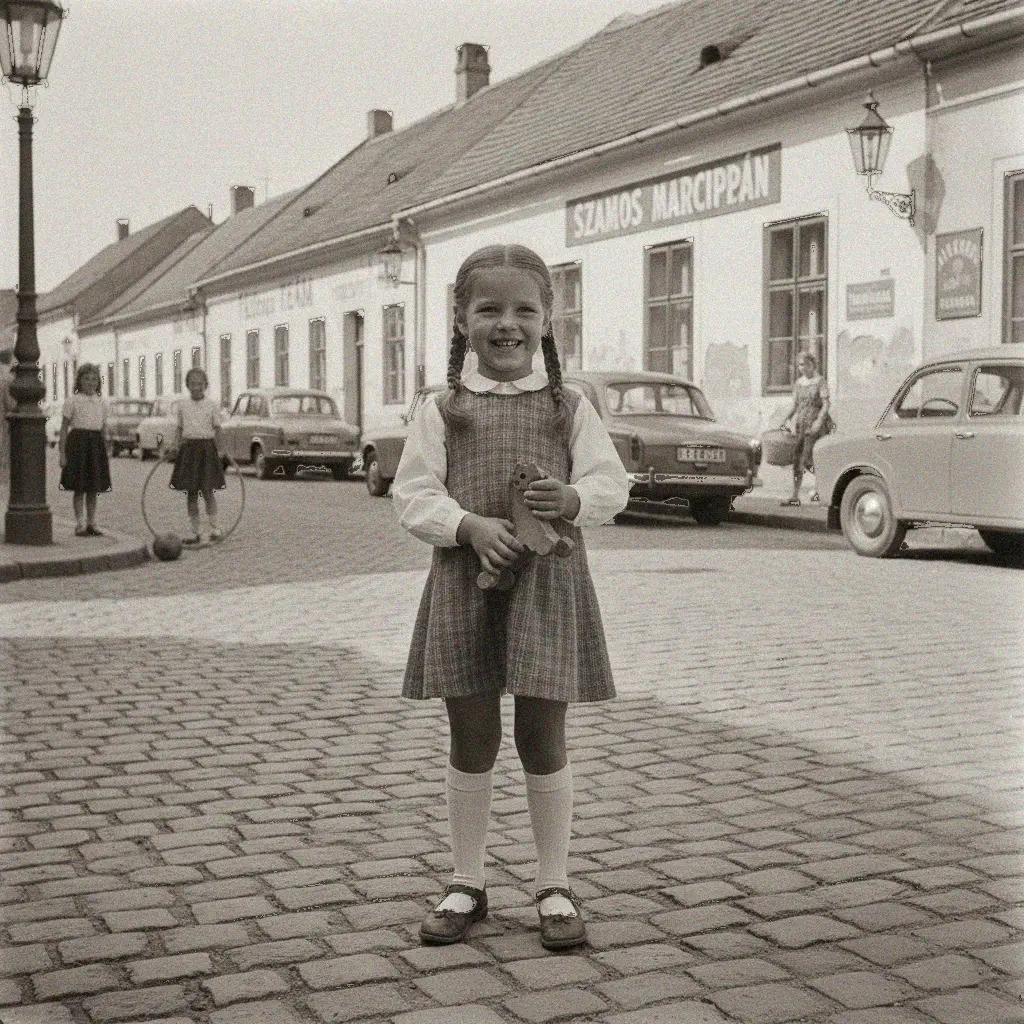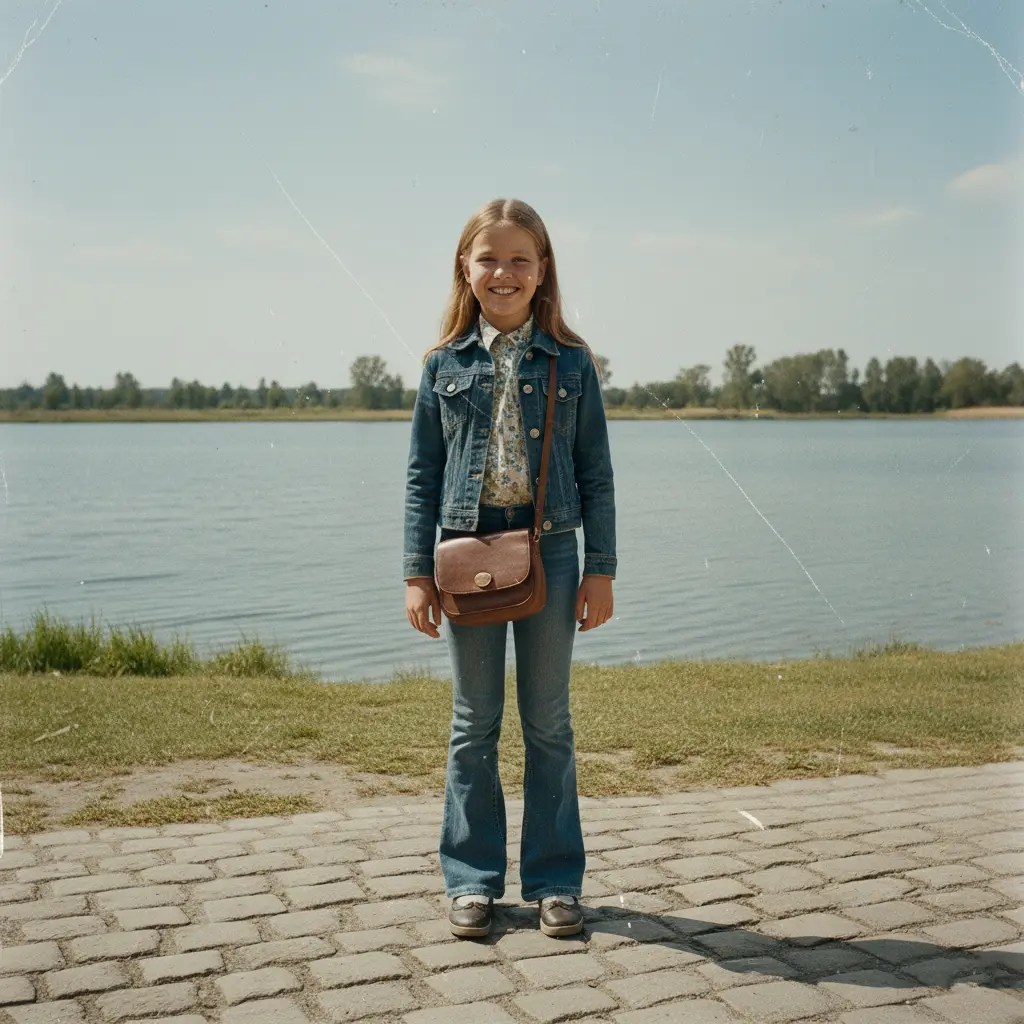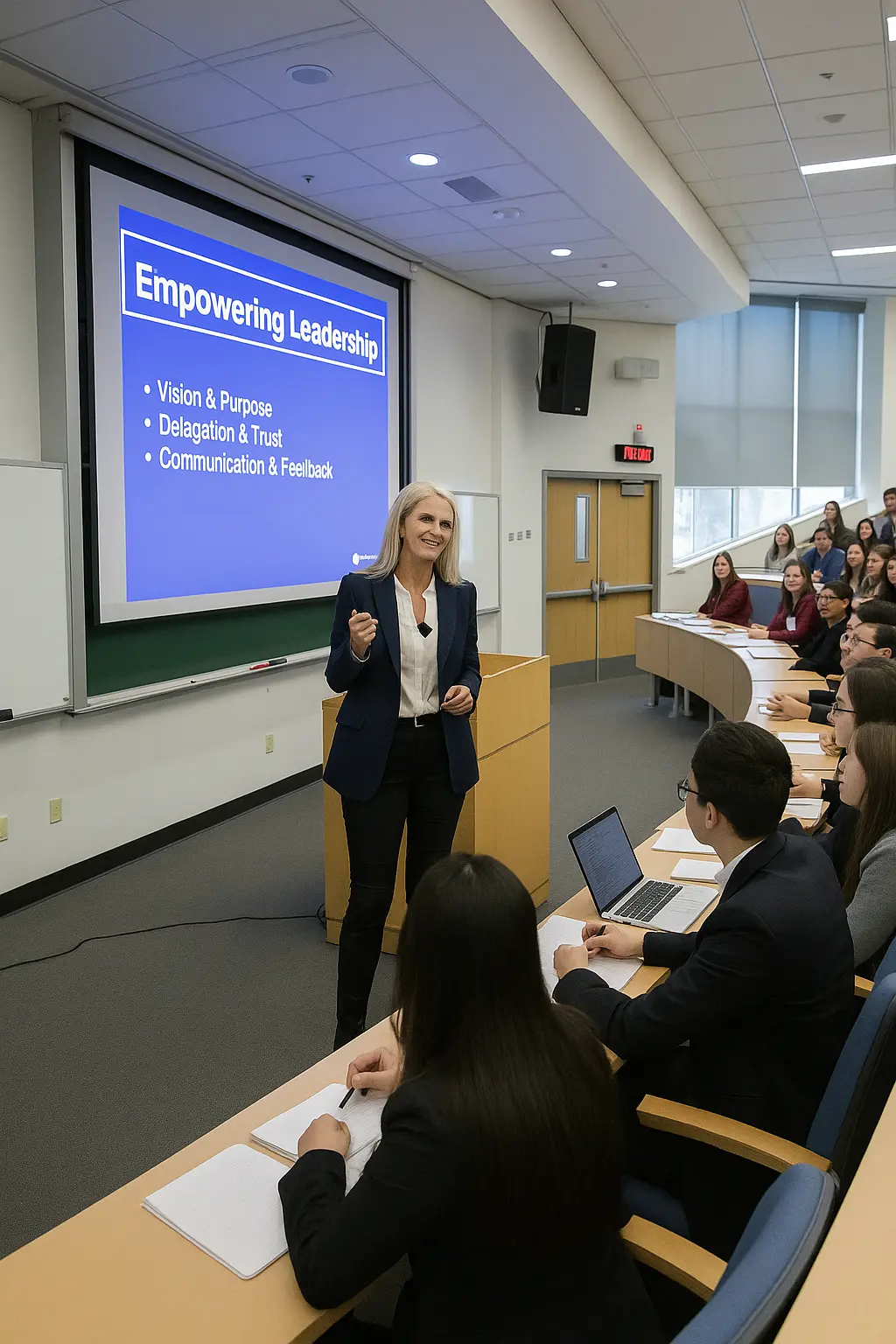Motivation
Every movement that redefines the fabric of society begins not with loud proclamations, but with the quiet stirring of a heart determined to see a different world. The story of The Silent Strength of Social Change: Grassroots to Global Impact begins with the life and journey of Dr. Helena Rodriguez Varga, a woman whose life demonstrates how resilience, empathy, and vision can converge to create ripples of transformation that extend far beyond geographical boundaries.
Dr. Varga’s early years were marked not by privilege, but by an environment that demanded adaptability, humility, and perseverance. She grew up in a community where resources were scarce, opportunities seemed distant, and inequality was deeply entrenched in everyday life. Yet, within these constraints lay the seeds of her greatest motivation: the realization that dignity, education, and justice were not luxuries, but universal rights that every individual deserved. Unlike many who accept their surroundings as immovable, Helena observed the silent suffering around her and began to ask questions that would frame her life’s mission: Why must opportunity be the privilege of the few? What would happen if voices long silenced found the strength to speak? Could one life truly ignite collective change?
 The Nature of Silent Strength
The Nature of Silent Strength
What distinguished Dr. Varga’s motivation was her belief in silent strength—a strength not defined by dominance or grandstanding, but by quiet persistence, consistency, and authenticity. In an age when leadership is often associated with charisma and commanding presence, she embodied a different truth: that transformation often begins with those who listen first, understand deeply, and act with humility.
Her understanding of silent strength was shaped by early mentors and community elders, individuals who themselves may never have held positions of authority but who led by example. They were the women who organized food for the hungry when no formal systems existed, the teachers who walked miles to villages to bring literacy to one child at a time, the laborers who shared their meager wages with those poorer than themselves. From them, Helena inherited the idea that leadership was not about recognition but about responsibility; not about what one could take, but about what one could give.
From Motivation to Mission
The shift from individual motivation to lifelong mission occurred gradually. As Helena encountered broader opportunities—whether through education, travel, or exposure to global issues—her perspective widened, but her core values remained unchanged. She began to see that the struggles of her own community were not isolated but interconnected with the challenges faced by marginalized populations worldwide. The lack of access to education, gender inequality, systemic corruption, environmental neglect—these were not problems confined to one geography; they were global issues demanding global responses.
Her motivation thus evolved from being community-centered to becoming globally oriented. Yet, she never lost sight of the grassroots from which she emerged. To her, the grassroots were not just the starting point but the compass by which every global initiative must be measured. For without grounding in lived realities, policies and programs risk becoming detached, ineffective, or even harmful.
The Driving Questions
Underlying Helena’s motivation were a set of guiding questions that she returned to repeatedly throughout her journey:
- How can leadership be redefined to prioritize service over power?
- What mechanisms ensure that the voices of the marginalized are not only heard but acted upon?
- How can local wisdom and global knowledge converge to produce sustainable solutions?
- What legacy does true change leave behind, and how is it measured?
These questions fueled her intellectual pursuits, community projects, and later her institutional leadership. They ensured that her work never fell into complacency but was always striving toward greater inclusivity and relevance.
A Personal Source of Resilience
Behind every public mission lies a private reservoir of strength. For Helena, motivation was sustained not only by external causes but also by personal values instilled by her family. From her parents, she inherited the principle of dignity in labor and the belief that every human being, regardless of station, deserves respect. From her community, she absorbed the importance of solidarity, the idea that progress is most meaningful when shared collectively.
This foundation gave her resilience during inevitable setbacks. Social change, she learned, is rarely linear. It involves resistance, failure, and sometimes disillusionment. But Helena’s motivation was not fragile; it was anchored in something deeper than recognition or success. It was rooted in an ethical conviction that to remain passive in the face of injustice is itself a form of complicity.
Phase 1: Empowering Leadership
Leadership, in its truest essence, is not about commanding authority but about awakening potential in others. For Dr. Helena Rodriguez Varga, the transition from personal motivation into a public role began with her philosophy of empowering leadership. This philosophy was not a premeditated strategy drawn from textbooks or management theories, but a lived practice cultivated through years of listening, observing, and engaging at the grassroots level.
At the heart of her leadership journey lay a fundamental question: What does it mean to empower others in contexts where power has long been denied? To answer this, Helena had to chart a course that challenged traditional hierarchies, redefined success, and illuminated the invisible strengths within communities often dismissed as powerless.
The Birth of a Leadership Philosophy
Helena’s earliest experiments in leadership emerged in informal settings—youth groups, local literacy circles, and grassroots community gatherings. Rather than positioning herself as the “leader,” she chose to act as a facilitator, encouraging dialogue and collaboration. This subtle difference in approach was revolutionary in its context.
Traditional leadership models in her community often mirrored hierarchical patterns—elders spoke, others listened; men decided, women complied; elites planned, the marginalized executed. Helena disrupted this rhythm by creating spaces where every voice mattered, where leadership was a shared responsibility rather than a monopolized privilege.
Her method was deceptively simple yet profoundly transformative: she asked questions and invited others to answer. Instead of dictating solutions, she encouraged participants to articulate problems and envision possibilities themselves. In doing so, she planted the idea that leadership is not bestowed by titles but earned through action, trust, and inclusivity.
Leadership as Service
Dr. Varga’s empowering leadership was grounded in the ethic of service. She consistently resisted the temptation to equate leadership with privilege. To her, leadership was a responsibility to shoulder burdens, to create opportunities, and to protect the vulnerable.
Her service-oriented leadership was most visible in the sacrifices she made. She often declined lucrative positions or prestigious roles that would have distanced her from grassroots realities. Instead, she chose to remain embedded in the communities she sought to uplift. This decision baffled many, who saw leadership as a ladder of personal advancement. For Helena, however, leadership was less about climbing a ladder and more about building bridges.
Her service ethic also shaped her interactions with institutions. When negotiating with governments, NGOs, or international organizations, she never portrayed communities as helpless victims. Instead, she positioned them as equal partners, worthy of respect and investment. In doing so, she redefined power dynamics and challenged narratives of dependency.
Transformational vs. Transactional Leadership
As Helena’s influence expanded, observers often tried to categorize her style of leadership. Many concluded that her approach was inherently transformational rather than transactional.
Transactional leadership focuses on exchanges—reward for performance, punishment for failure. Transformational leadership, by contrast, inspires followers to transcend self-interest and work toward a collective vision. Helena exemplified the latter, not by delivering stirring speeches alone but by embodying the values she espoused. Her integrity, humility, and relentless commitment inspired others to believe in possibilities they had once dismissed as unattainable.
Her transformational impact was evident in education initiatives, healthcare projects, and women’s empowerment movements that she helped catalyze. People did not follow her because they were coerced or compensated; they followed because they were moved by her authenticity and her ability to ignite belief in themselves.
Building Collaborative Leadership
Empowering leadership, in Helena’s philosophy, was never solitary. She consistently emphasized collaboration, often forming interdisciplinary teams that brought together teachers, activists, healthcare workers, and local leaders. By blending diverse expertise with community insights, she ensured that projects were holistic and sustainable.
Collaboration also meant creating leadership pipelines. She identified potential leaders within communities and invested time in mentoring them. She recognized that one leader, no matter how dedicated, cannot sustain a movement indefinitely. By cultivating new leaders, she ensured that social change became a shared legacy rather than a personal achievement.
Phase 2: The Force of Indefatigable Will
If empowering leadership gave Dr. Helena Rodriguez Varga the philosophical foundation to inspire and mobilize others, it was her indefatigable will that carried her vision through obstacles, doubts, and opposition. Many leaders begin with noble intentions, but few possess the stamina to weather the storms of resistance, fatigue, and failure. Helena’s journey shows us that the bridge between inspiration and transformation is willpower—the unyielding resolve to continue even when circumstances suggest retreat.
foundation to inspire and mobilize others, it was her indefatigable will that carried her vision through obstacles, doubts, and opposition. Many leaders begin with noble intentions, but few possess the stamina to weather the storms of resistance, fatigue, and failure. Helena’s journey shows us that the bridge between inspiration and transformation is willpower—the unyielding resolve to continue even when circumstances suggest retreat.
Her life in this phase can be summarized by a simple truth: motivation may light the spark, but it is willpower that keeps the flame alive in the winds of adversity.
Persistence Against Resistance
Helena’s willpower was most visible in her dealings with entrenched systems of authority. Institutions accustomed to operating without accountability often resisted her demands for transparency and inclusivity. At times, officials dismissed her as “too idealistic,” while others labeled her “disruptive.”
Instead of reacting with anger or despair, Helena adopted a strategy of relentless persistence. She would return to offices multiple times, reframe her proposals, and rally additional support until officials had little choice but to listen. When denied resources, she mobilized local communities to pool what little they had, proving that external validation was not a prerequisite for progress.
Her persistence gradually earned respect, even from skeptics. Those who once dismissed her as unrealistic came to admire her refusal to abandon causes. Over time, her name became synonymous not with stubbornness but with reliability: if Helena undertook a project, people knew it would not fade into neglect.
Innovation Born of Will
One of the most overlooked aspects of indefatigable will is its capacity to foster innovation. When resources are lacking, and conventional paths are blocked, willpower forces creativity. Helena’s determination often drove her to devise solutions that others might have dismissed as impractical.
For instance, when formal funding was unavailable for her literacy initiatives, she turned to barter systems, where villagers contributed food, skills, or labor in exchange for access to education. When bureaucratic hurdles delayed healthcare supplies, she collaborated with local artisans to produce makeshift yet effective tools. These innovations were not born of luxury but of necessity—and they proved sustainable because they were rooted in local realities.
Her creativity under pressure highlighted a vital truth: willpower is not merely about enduring difficulty; it is about transforming difficulty into opportunity.
Facing Failure Without Defeat
Perhaps the most defining feature of Helena’s willpower was her relationship with failure. Unlike many who view failure as a definitive end, Helena treated it as feedback—a necessary step toward eventual success.
When a women’s cooperative collapsed due to internal conflict, she did not label it a disaster. Instead, she studied the reasons for its breakdown and redesigned future cooperatives with stronger conflict-resolution mechanisms. When international partners withdrew support for a project, she reframed the situation as an opportunity to strengthen local ownership.
Her resilience in the face of failure inspired those around her. People began to see that setbacks were not humiliations but learning opportunities. This reframing of failure as growth became one of the most powerful legacies of her indefatigable will.
Spiritual Anchoring of Will
Behind her outward determination lay an inner anchoring in spirituality and values. Helena drew strength from moments of reflection, prayer, and meditation. For her, willpower was not sustained by ambition alone but by alignment with a higher sense of purpose.
This spiritual grounding gave her perspective. It reminded her that her struggles, while significant, were part of a much larger tapestry of justice and humanity. This perspective prevented burnout, helping her sustain energy over decades of work.
 Phase 3: Trials and Tribulations
Phase 3: Trials and Tribulations
No story of transformation is complete without its shadows. While the early chapters of Dr. Helena Rodriguez Varga’s life reveal her motivation and her empowering leadership, the journey toward lasting impact was not smooth. It was riddled with trials—personal, professional, and systemic—that tested the very limits of her endurance. These tribulations were not incidental obstacles; they were crucibles in which her character was refined, her convictions were tested, and her resilience was deepened.
Helena often remarked that struggles are not detours on the path of social change; they are the path itself. Her life exemplifies how difficulties, far from being barriers, can become the very instruments that sculpt a leader’s legacy.
Financial Struggles
One of Helena’s greatest trials was financial instability. Unlike many activists who aligned themselves with well-funded organizations, she often chose independence to maintain integrity. This meant that funding was irregular, and at times nearly nonexistent.
There were periods when she personally went without adequate resources so that community programs could continue. She lived in modest accommodations, traveled under difficult conditions, and wore the same clothes until they were threadbare.
This austerity was not romantic but grueling. Yet, Helena saw it as a necessary price to pay for remaining accountable to the people she served rather than to donors with hidden agendas. Over time, her sacrifices earned her credibility. Communities trusted her because they saw that she was willing to endure the same hardships they faced.
Health Challenges
Years of relentless work eventually took a toll on Helena’s health. Stress, irregular meals, and constant travel weakened her immune system. She experienced bouts of illness that forced her to slow down. At one point, a serious health scare nearly compelled her to abandon her mission entirely.
Yet, paradoxically, this became another trial that deepened her wisdom. Forced to rest, Helena discovered the importance of balance—of sustaining not just communities, but also herself. She began incorporating practices of self-care, encouraging her colleagues and mentees to do the same. Her health struggles became a reminder that even the strongest leaders are human, and that resilience requires both endurance and renewal.
Internal Conflicts and Misunderstandings
Helena’s trials were not only external. At times, the very communities she served misunderstood her intentions. Some accused her of favoritism; others questioned her methods. Disagreements arose over priorities, with some wanting quick results while she insisted on long-term sustainability.
These conflicts wounded her deeply, because they came from those she loved and served. Yet they also taught her humility. She realized that leadership involves not only guiding but also absorbing criticism, reconciling differences, and accepting that no vision can please everyone.
Phase 4: An Evolving Heritage
Heritage is often thought of as something we inherit from the past — a fixed treasure of traditions, wisdom, or accomplishments. Yet for Dr. Helena Rodriguez Varga, heritage was never static. She believed it was dynamic, living, and evolving — a legacy that adapts, grows, and redefines itself in every new context where it is carried forward.
By the time her journey had spanned decades, Helena’s influence could no longer be measured only in the communities she had directly touched. It had become a current of thought, a framework for action, and a model of resilience that transcended borders. This was the point at which her life’s work stopped being simply her personal story and began transforming into an evolving heritage — a gift not just for those who knew her but for generations she would never meet.
Globalization of Her Ideas
Though Helena’s beginnings were local, her heritage became global. International organizations took notice of her models of community-driven change, adapting them to contexts as varied as African villages, Asian urban slums, and Latin American rural communities.
She was invited to global summits, not to deliver grand speeches but to share practical models of empowerment. Scholars documented her methodologies, framing them as case studies in leadership, sustainability, and resilience. Governments sought her advice on inclusive policies.
Through these engagements, Helena’s heritage crossed borders, proving that principles of justice and empowerment are universal even if contexts differ. Her life showed that while problems may vary, the human capacity for dignity and transformation is shared across the globe.
Endurance Through Adversity
What makes Helena’s heritage “evolving” is not only its reach but also its resilience. Unlike fragile initiatives that collapse when leaders withdraw, her heritage proved capable of enduring adversity.
Economic downturns, political upheavals, and even natural disasters tested the institutions and movements she inspired. Yet they survived, often because they had been built not on dependency but on empowerment. Communities trained under Helena’s philosophy did not wait for external saviors; they mobilized their own strengths.
This capacity for self-renewal ensured that Helena’s heritage was not frozen in time. It adapted, responding to new challenges with creativity and courage, just as she had done in her own life.
Philosophical Legacy
Beyond practical models, Helena left behind a philosophical framework that continues to inspire thought. She articulated what some call the Ethics of Empowerment — a philosophy grounded in three principles:
- Dignity Before Development – that every initiative must begin by affirming the dignity of individuals, not by treating them as problems to be solved.
- Sustainability Through Solidarity – that lasting change depends not on external aid but on communities standing together.
- Leadership as Stewardship – that leaders are not rulers but caretakers, entrusted with the responsibility of serving others.
These principles became guiding lights for many beyond her immediate circles. They were taught in leadership seminars, cited in academic journals, and even referenced in political discourse. Through them, Helena’s heritage became not only a memory of what she did but a roadmap for what others could do.
Phase 5: Life’s Blueprint: Insights from Overcoming and A Personal Thank You from Dr. Helena Rodriguez Varga
If the previous phases chronicle the journey of motivation, leadership, willpower, and heritage, Phase 5 captures the essence of reflection — the distilled wisdom, insights, and personal gratitude that Dr. Helena Rodriguez Varga wishes to leave for the world. It is here that her journey is not only recounted but interpreted, offering a blueprint for others to navigate challenges, inspire change, and cultivate resilience in their own lives.
Reflections on Overcoming
Dr. Helena often remarks that overcoming is not about eradicating obstacles but about learning to move with them, around them, and occasionally through them. Her life demonstrates that true mastery of challenges requires a combination of courage, patience, and insight. Each trial she faced offered a lesson that informed her next step, each failure became a compass guiding her toward more effective strategies.
For example, early failures in community initiatives taught her that empowerment must be paired with education, capacity-building, and sustainable structures. Bureaucratic delays highlighted the importance of cultivating relationships with key stakeholders and maintaining meticulous documentation. Personal setbacks illuminated the necessity of self-care, reflection, and maintaining a strong inner compass.
In her reflections, Dr. Helena emphasizes that overcoming is an iterative process. It is not linear. Progress is often incremental, punctuated by setbacks that test commitment and endurance. She frames challenges as opportunities to deepen self-awareness, enhance problem-solving skills, and strengthen empathy. Overcoming, she asserts, is not simply a personal victory; it is a transformation that enhances the capacity to serve others.
Personal Gratitude
Helena’s moment of personal acknowledgment. Despite the accolades, awards, and global recognition, she emphasizes that no journey is achieved in isolation.
- To Communities – “Your courage and resilience have been my greatest teachers. Every lesson learned, every breakthrough achieved, belongs to you.”
- To Mentors and Allies – “I owe gratitude to those who believed in me when the path was unclear, who offered guidance, wisdom, and unwavering support without asking for recognition.”
- To Critics and Adversaries – “Even opposition has shaped me. Every challenge you posed forced me to reflect, refine, and strengthen my resolve. For this, I am grateful.”
- To Family and Loved Ones – “Your patience, love, and sacrifices allowed me to pursue a path few would understand. This journey would have been impossible without your presence in my life.”
Helena’s personal thank you extends beyond formal acknowledgments. It is a heartfelt recognition that social change is co-created, that progress emerges from collaboration, and that gratitude strengthens both the giver and receiver.
The Vision Forward
Even in reflection, Dr. Helena maintains a forward-looking perspective. She believes that her work is not complete until the principles she championed continue to thrive independently: communities self-sufficient, leaders empowered to act without her guidance, and a culture of inclusion and justice embedded in every initiative.
She envisions a world where education, healthcare, economic opportunity, and civic engagement are universally accessible; where leadership is measured by impact, empathy, and ethical action; where the silent strength of individuals can create ripples that reshape entire societies. Her blueprint is both a practical guide and a moral compass for those who aspire to sustain social transformation beyond her lifetime.
A Personal Thank You from Dr. Helena Rodriguez Varga
Dear Friends, Colleagues, and Supporters,
As I reflect on the journey of my life and work, I am filled with profound gratitude. Every step, every challenge, and every triumph has been made possible because of the incredible people and communities who have walked alongside me.
To the communities I have served: your courage, resilience, and unwavering spirit have been my greatest teachers. Your stories, struggles, and victories have continually inspired me to persevere, innovate, and lead with empathy.
To my mentors, colleagues, and allies: thank you for your guidance, trust, and support. Your belief in my vision has empowered me to carry initiatives forward even when the path seemed uncertain.
To those who challenged me, questioned my methods, or tested my resolve: your opposition strengthened me. Each critique, obstacle, and difficult moment was a lesson that deepened my understanding and sharpened my purpose.
And finally, to my family and loved ones: your patience, love, and sacrifices have sustained me. Your presence allowed me to dedicate myself fully to the mission of creating meaningful change.
It is with a heart full of gratitude that I share this note of thanks. May our collective efforts continue to inspire, uplift, and empower generations to come. Together, we create a legacy that transcends any one individual — a living testament to the silent strength of social change.
With deepest appreciation and respect,
Dr. Helena Rodriguez Varga